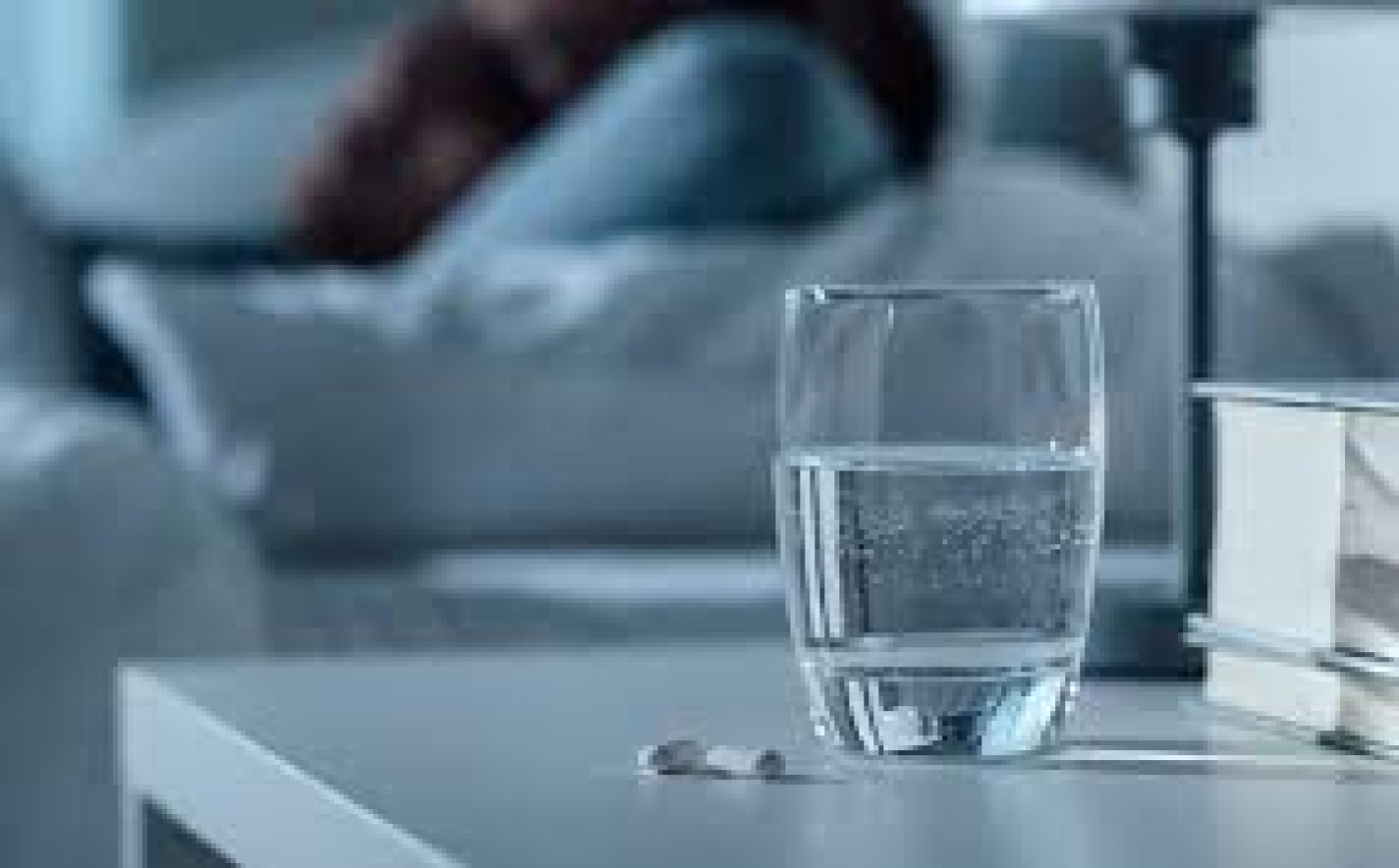Dr. Adekola, a former National President, Association of Community Pharmacists of Nigeria, said it is always advisable to take medicines with water and based on instructions from a pharmacist or medical practitioner.
The pharmacist, who disclosed this during an interview with PUNCH Healthwise, also said taking drugs without water delays absorption and makes them less effective.
According to an online news portal, Johns Hopkins Medicine, some people have difficulty swallowing capsules or tablets with water.
“Tablets or capsules that stay in the oesophagus may release chemicals that can irritate the lining of the oesophagus.
“This may cause ulcers, bleeding, perforation, and narrowing (strictures) of the oesophagus. The risk of these types of injuries is greater in persons with medical conditions
“Certain medicines can also cause ulcers in the oesophagus when they become lodged there. These include aspirin, certain antibiotics, quinidine, potassium chloride, vitamin C, and iron”, it stated.
Speaking with our correspondent, the pharmacist said, “Apart from water aiding transportation of drugs to the stomach, failure to use water to swallow drugs affects their dissolution in the stomach and this can create another problem.
“The essence of using water to swallow drugs is to ease transportation to the stomach where they will dissolve and then go to the small intestine where absorption takes place.
“The pH of the stomach is acidic, so there are certain types of drugs like Spectrin that require plenty of water when taking them. If you are going to swallow drugs, particularly capsules without water, you run the risk of the drug sticking to the throat. This can cause choking.”
Besides the practice causing ulcers in the oesophagus, Dr. Adekola noted that it can affect the efficacy of the drugs, making the patient not get full concentration.
He further said the dissolution of the drugs would be hampered if not taken with water.
“If the drug is not dissolved, it cannot be absorbed. Drugs depend on water for dissolution. It is going to hamper the dissolution. It is only those that the saliva can push to the stomach that will be available for absorption. This can affect the efficacy of drugs and the patient may not get the full concentration.
“Every drug has a percentage that should get into the system for it to be effective. If drugs are stocked in the mouth after chewing, some percentage of the drugs will not get to the stomach where they are supposed to be absorbed”, he said.
The physician advised patients to be rational about drug use and to always take drugs based on prescriptions and instructions from healthcare professionals.
In a 2014 article published in an online journal PMC, the authors said almost every kind of drug, particularly doxycycline, can cause ulcers in the oesophagus.
“Pill esophagitis can be prevented by warning patients about drinking water sufficiently and sitting up while taking the pill. Drugs can cause several complications in the oesophagus and lead to pill esophagitis”, the authors said.
Meanwhile, Sheila Rivera, a pharmacist with Sharp Rees-Stealy Medical Centres, United States, and her pharmacy student, Trexie Olivar, warn that ‘dry swallowing’ medication can pose a potential choking hazard, and that there are other dangers to this practice that people might not even realise.
“A pill making contact with the lining of the oesophagus — the muscular tube that connects your mouth to your stomach — may cause tissue damage and inflammation,” Olivar stated in an online platform, Sharp Healthcare.
This may cause difficulty swallowing, bleeding, heartburn or chest pain, which may lead to more complications if left untreated.
Almost any kind of drug can be harmful if not swallowed correctly, but Olivar pointed out that pain-relieving medication such as aspirin and ibuprofen; supplements such as potassium chloride and vitamin C; and some antibiotics are among the worst culprits.
Rivera and Olivar recommend drinking a full 8-ounce glass of water when taking medications. Olivar said a full glass of water is best because taking just one or two sips can also cause harm.
“Not drinking enough water may also cause throat irritation and, in some cases, prevent a medication from working properly,” she added.
source: healthwise.punchng.com










